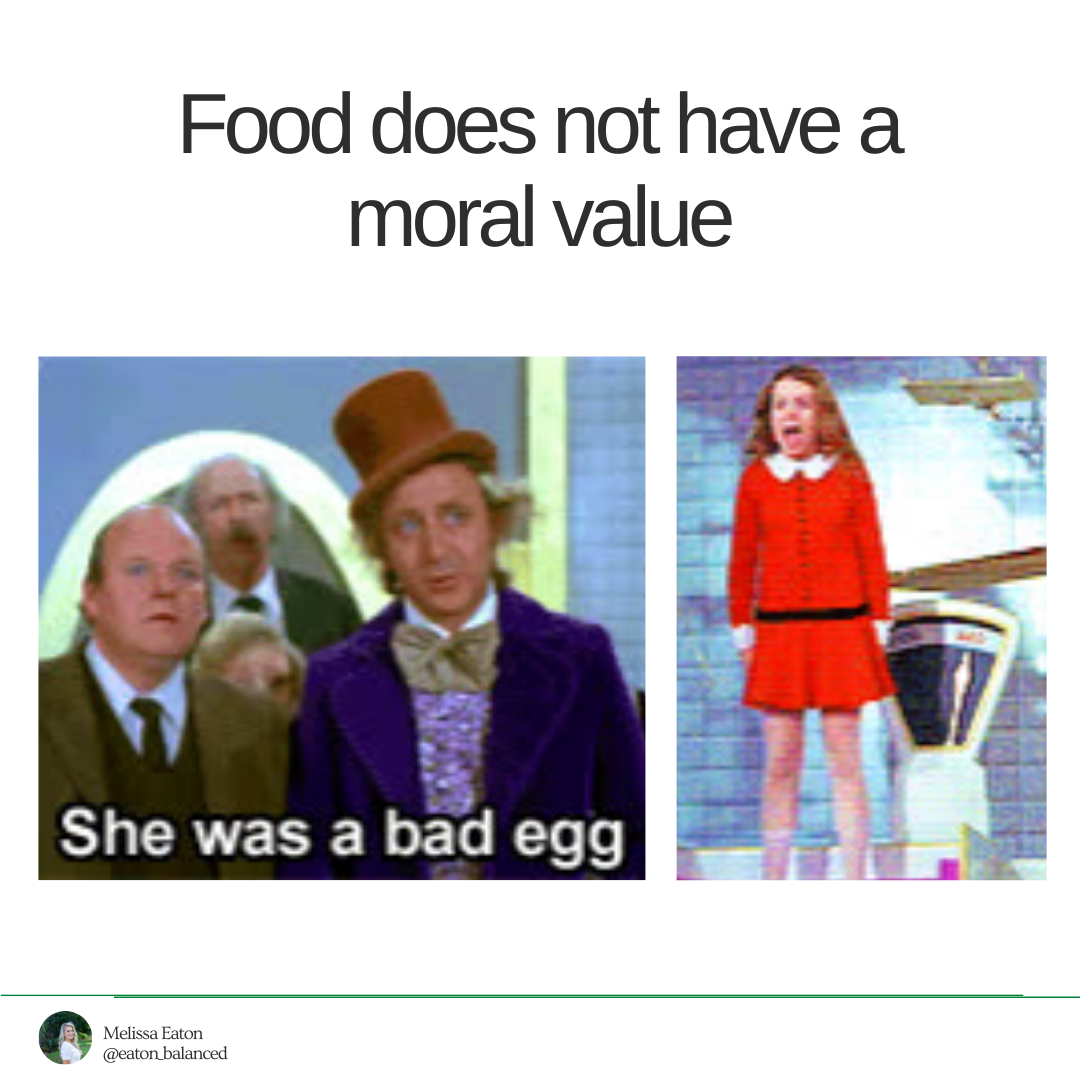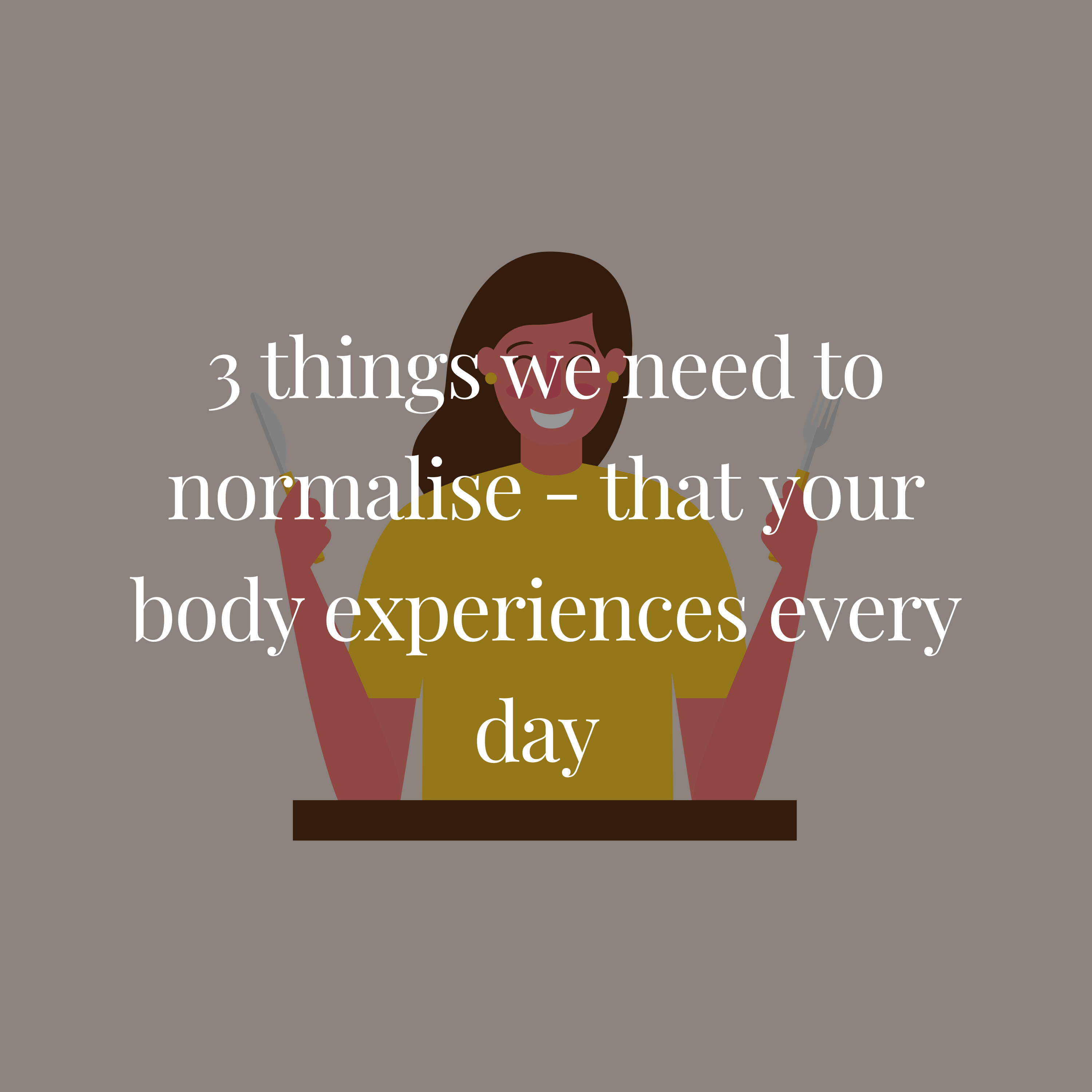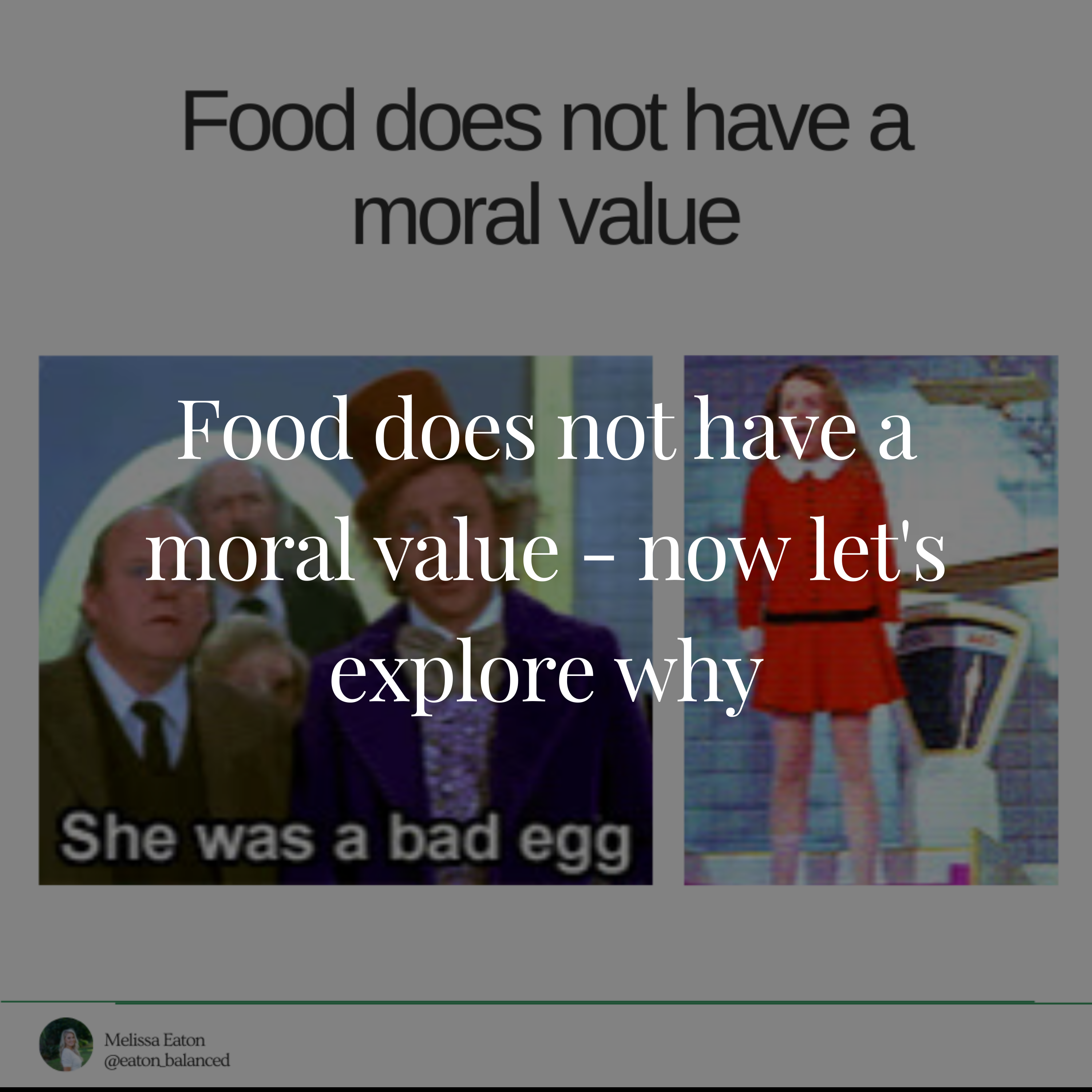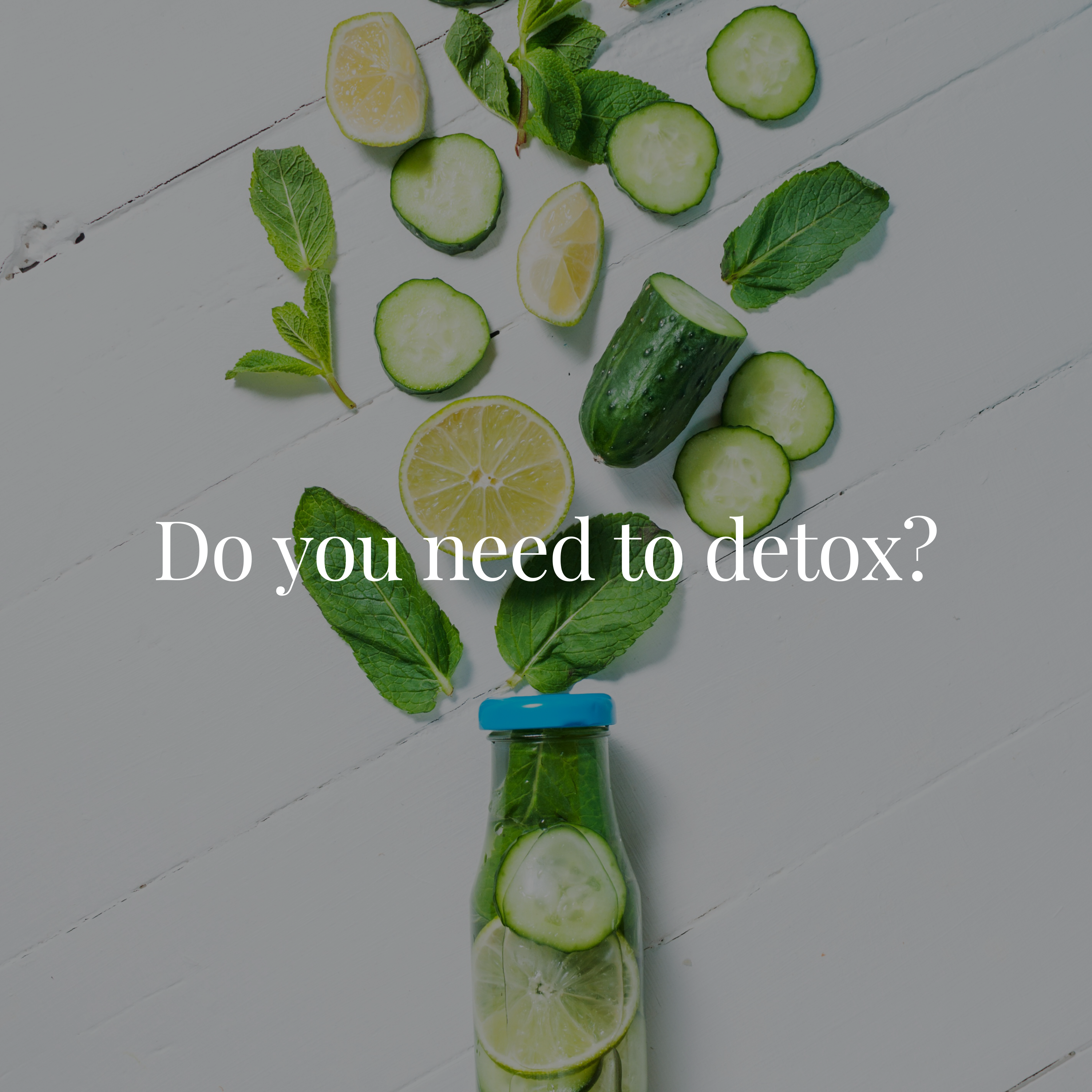
Food does not have a moral value - now let's explore why
Food does not have a moral value. But what does this mean exactly? Let’s break it down with a flower analogy.
When you’re admiring a flower, it’s highly unlikely that you look at the bouquet of flowers and think - “that’s a good flower” and “that’s a bad flower”
The flower is neutral.
What may influence your decision is a personal like or dislike for that flower.
For example; “Oh I love tulips” ... and this love for the flower may have come from a number of places - maybe a memory, maybe your grandparent loved them, or MAYBE they’re just the most aesthetically pleasing to you compared to others.
The response to this flower has come from your own experiences and likes and dislikes. Not because you believe the flowers to be "good" or "bad".
In addition to this self-discovery, it may also be beneficial to learn other things about the flower – such as the time of year it grows best, it’s optimal weather conditions and the range of colours and varieties that are available.
These are all valid and important – if growing flowers was important to you.
Also note how all these important learnings are NEUTRAL.
Ie. the flower isn’t bad because it prefers cold conditions over hot, or good because it prefers sun over shade.
Now, let’s to apply this to food – just like this flower, food is also neutral.
However, as a result of the culture we live in (ie. diet culture), you may have deeply held beliefs that food has a moral value. As a result, this moral value often results in feelings of stress, anxiety, guilt and shame for eating certain foods. How many times have you been told that sugar and carbs are bad, and how many times have you been told broccoli is good?
Attaching this moral value to food disconnects us from our own self-discovery - such as our likes and dislikes, connections to memories and celebrations, and traditions associated with food.
It also disconnects us from assessing how that food makes us feel - ie. does it make us feel energised, tired, satisfied, or full?
And do we need anything specific from that food? ie. do we need it to prepare or replenish us pre or post exercise? Do we need to plan for a long day at work?
Or do we need it to help support or manage a condition or disease?
So as the above implies, OF COURSE, gentle nutrition is extremely important. But, just like the flower example, we can consider nutrition in NEUTRAL way.
Without attaching a moral value the food.
Just like learning from the leaves of a flower, whether they've changed colour, dried up or curled over... We can also discover a lot about nutrition through learning to tune in and recognise our own body signals and how it communicates to us (I also ackowldge that this can take some time after years of dieting and ignoring them).
For eg. If the ONLY food you ate for weeks on end was your fave dessert – chances are after a certain period of time, you wouldn’t feel too great and it may not be your fave dessert anymore.
The same would occur if you ONLY ate broccoli – chances are you would be hungry all the time and lack a lot of energy and satisfaction from eating!
So, the moral of this story?
Food is neutral. It does not “bad” or “good”, and you are not “bad” or “good” person for eating certain foods (any food).
I hope you found this article helpful - You may also enjoy my blog about juice detoxes, and this one about fad diets.
Is there a topic you'd like to see me write about? Let me know!

written for you by
Melissa Eaton
A non-diet, HAES aligned Dietitian (APD), Nutritionist (ANutr.), PhD student, and former teacher from Sydney, Australia.
Want to learn more?
You may also enjoy these articles
Sign up to my newsletter
A generous portion of nutrition knowledge, tasty recipe ideas and some hilarious myth-busting



